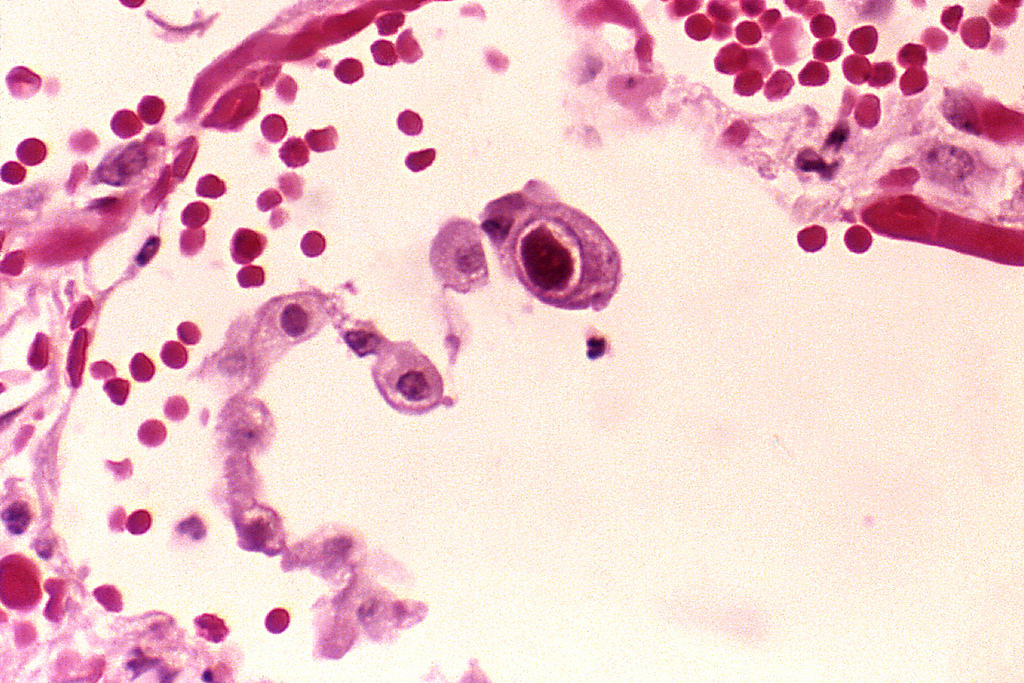Asked by Anonymous
What help can one get for my wife with parkinson desease?
Parkinson’s disease is a disorder that affects nerve cells, or neurons, in a part of the brain that controls muscle movement. In Parkinson’s, neurons that make a chemical called dopamine die or do not work properly. The four primary symptoms of the disease are
- trembling in hands, arms, legs, jaw, and face,
- stiffness of the arms, legs, and trunk,
- slowness of movement, and
- impaired balance and coordination.
Currently, there is no cure for Parkinson’s diease, but a number of medications may provide dramatic relief from the symptoms. Learn more about Parkinson’s disease.
Patients and caregivers can find information about clinical studies and current research from the National Institute of Neurological Disorders and Stroke. They also have information about FDA-approved treatments.
If you need help finding health insurance or paying for medical care, you can explore the options available to you at Healthcare.gov.
Asked by Anonymous
how do i check a doctors work history.
There isn’t a single location where you can check a doctor’s entire work history. However, with a little time and these tools, you can get a better picture to make informed choices about your medical care.
You can compare medical training, clinical specialties, and more for doctors who accept Medicare using Medicare’s Physician Compare Tool.
You can also find information about training, specialties, and board certification for many doctors licensed in the U.S. with the American Medical Association Doctor Finder.
State medical boards are a good source of information about doctors. In some states, information is available from the Administrators in Medicine, a group of state medical board directors.
The American Board of Medical Specialties can tell you if a doctor is board certified. While board certification is a good measure of a doctor’s knowledge, it is possible to receive quality care from doctors who are not board certified.
In addition, feel free to ask the doctor directly about their work history, for example, the number of times they have successfully performed a procedure.
Safely dispose of unwanted prescription drugs this Saturday, April 28, from 10 a.m to 2 p.m. as a part of the Fourth National Prescription Drug Take-Back Day.
Improperly discarded drugs can end up in our water supply or in the hands of children. The previous three Take-Back days have removed 498.5 tons of medication from circulation in the past 13 months.
Find a Take-Back location near you.
When young children are sick and cranky, it can be tough to get them to take their medicine. Watch this video for tips from an FDA pediatrician on giving the dose without the battle.










